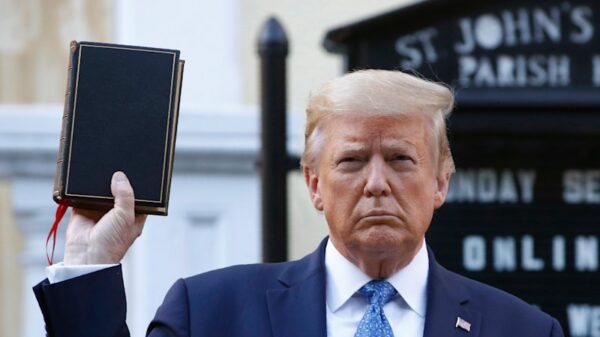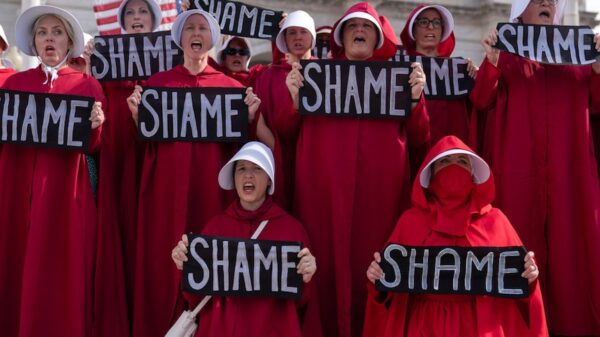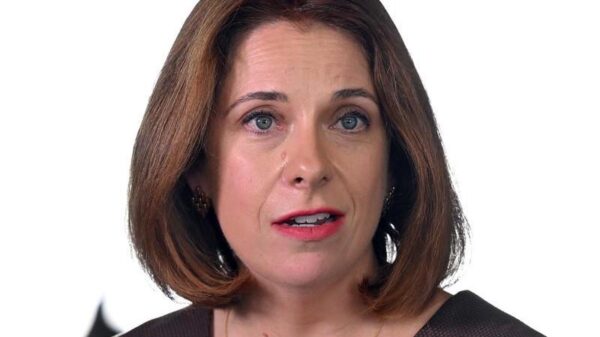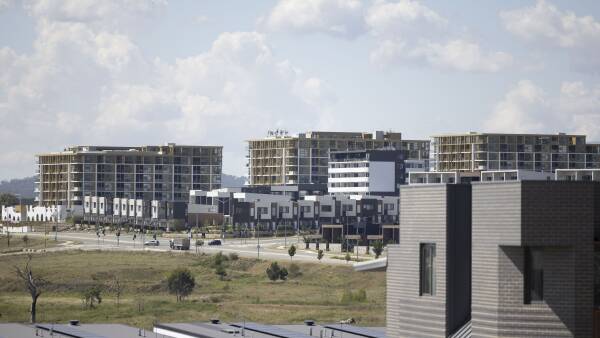Tanzania is poised for elections on October 29, 2025, but the electoral landscape appears heavily skewed in favor of the ruling party, Chama Cha Mapinduzi (CCM). With significant restrictions imposed on opposition parties and an atmosphere characterized by political repression, many observers regard the upcoming elections as a mere formality rather than a true democratic exercise.
Since the introduction of multiparty elections in 1995, Tanzania’s electoral processes have frequently failed to adhere to democratic standards. The opposition has faced ongoing exclusion and restrictions, alongside a notable suppression of media freedoms and civil rights. This trend has been identified as a form of electoral authoritarianism. The CCM, which has maintained power since Tanzania’s independence in 1961, is expected to extend its dominance once again.
The current president, Samia Suluhu Hassan, ascended to office following the death of former president John Magufuli in 2021. Her candidacy comes amidst the disqualification of two major opposition parties, Chadema and ACT Wazalendo, which have been barred from participating in the presidential race. Chadema’s disqualification resulted from its refusal to sign the election code of conduct, while ACT Wazalendo’s candidate was denied entry based on alleged procedural issues.
The political environment for these elections starkly contrasts with the previous cycle in 2020, when opposition parties were able to contest despite evident electoral flaws. Now, the CCM is set to face minimal competition as it seeks its seventh consecutive electoral victory. The current campaign is heavily dominated by the ruling party, and there are indications that voter turnout may be low, reflecting a lack of public enthusiasm. Since 2010, voter participation has notably declined, with turnout rates of 42.7% in 2010 and 50.7% in 2020.
The Independent Electoral Commission has reported that approximately 37.7 million people have registered to vote in the upcoming elections, a 26.55% increase from the 29.8 million registered in the last election. Critics, however, suggest that this increase may be part of a strategy to manipulate electoral outcomes. The commission has cleared 16 presidential candidates, but with the major opposition parties sidelined, the electoral contest is severely limited.
In this context, Chama Cha Ukombozi wa Umma (Chaumma), a lesser-known party that has attracted some former Chadema members, emerges as the only viable challenger to the CCM. Its candidates, Salum Mwalimu and Devotha Minja, have been viewed with skepticism, with some analysts suggesting that they might be tacitly supported by the ruling party. Meanwhile, in Zanzibar, incumbent president Hussein Mwinyi of the CCM is campaigning for re-election against Othman Masoud of ACT Wazalendo, marking the first election in the region since the death of opposition leader Seif Shariff Hamad in 2021.
The ruling party’s campaign promises include economic strengthening, infrastructure development, and improved healthcare, alongside a commitment to draft a new constitution. However, these pledges echo rhetoric from previous campaigns, and many citizens remain skeptical about their implementation. The opposition party Chadema has adopted a “No Reforms, No Elections” stance, emphasizing governance and human rights issues that continue to affect the country. Reports of media suppression, targeting of dissenters, and human rights violations have drawn international concern, with organizations such as the African Commission on Human Rights and the European Parliament expressing alarm over Tanzania’s declining human rights situation.
Amid these challenges, the electoral framework for the 2025 elections has undergone revisions, with the introduction of three new electoral laws intended to enhance the electoral process. These include the National Electoral Commission Act (2023) and the Political Parties Affairs Laws (Amendment) Bill (2023). Despite these reforms, the executive branch retains considerable influence over the electoral commission, including the appointment of its leadership, which raises questions about the independence of the electoral process.
As Tanzania prepares for the elections, the central issue remains the future of its democracy. With the opposition effectively sidelined and a controlled electoral atmosphere, the CCM’s victory appears almost certain. Yet, the broader implications for political freedom and civil liberties in Tanzania will linger long after the ballots are cast.






























































